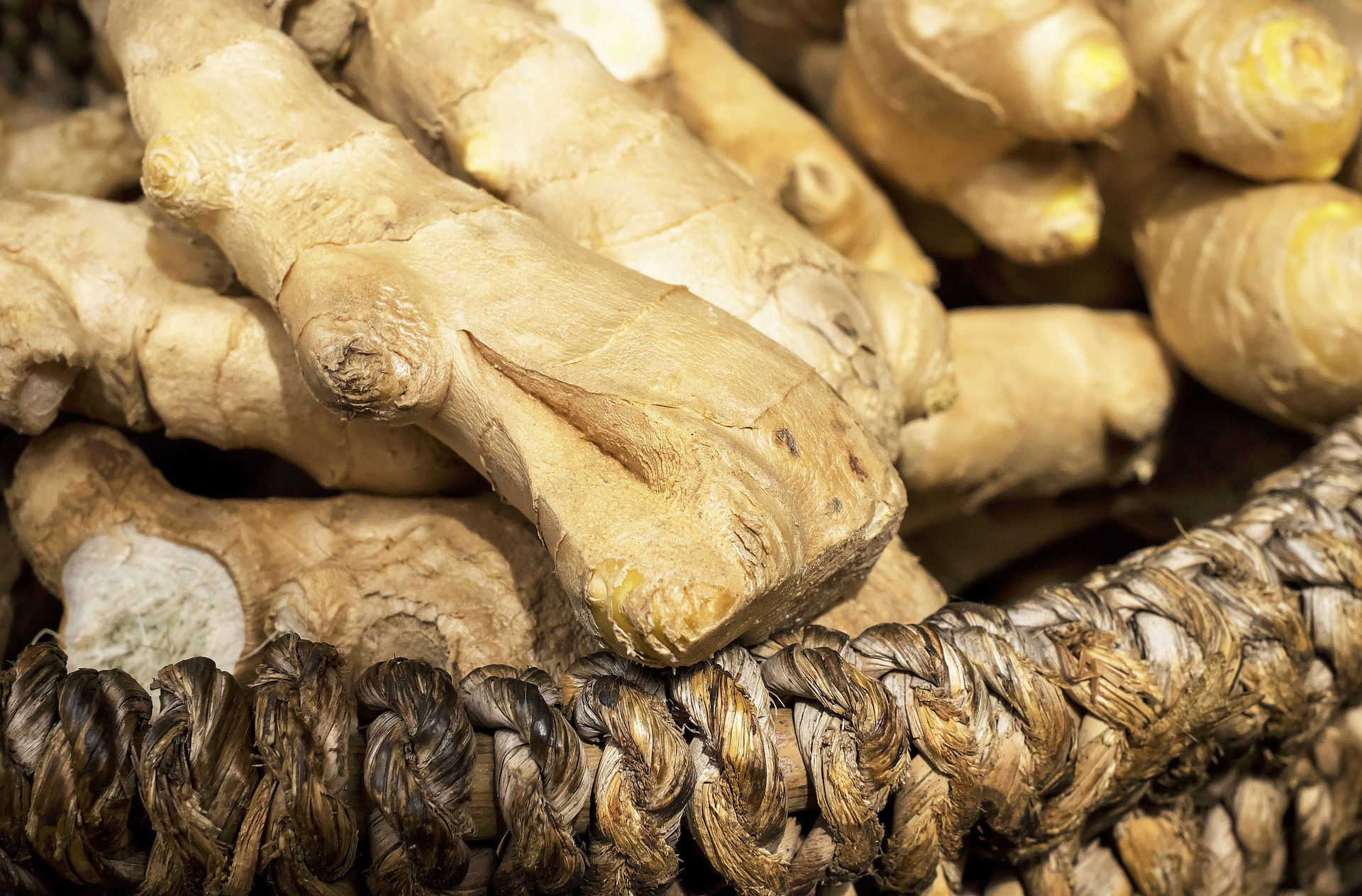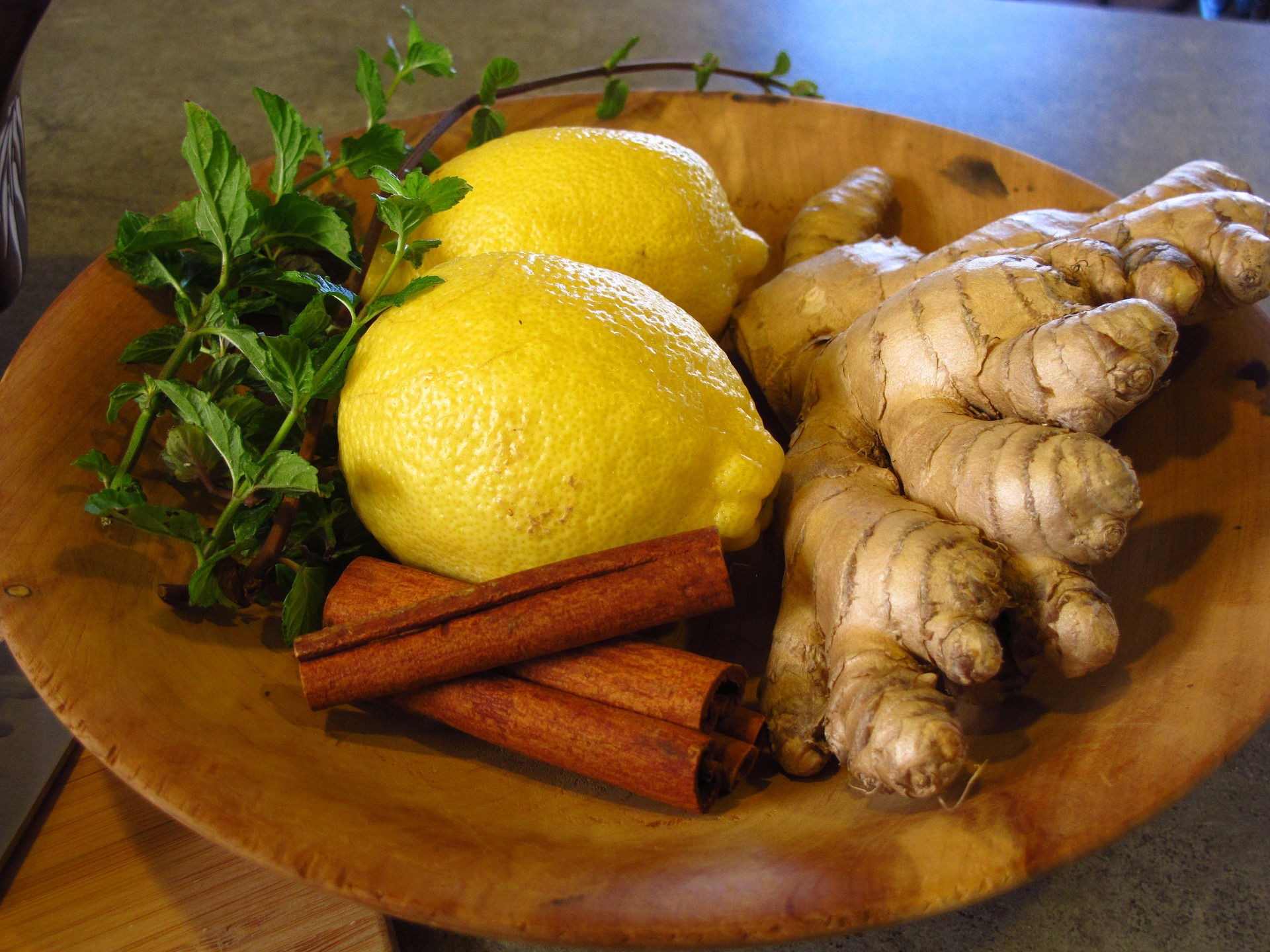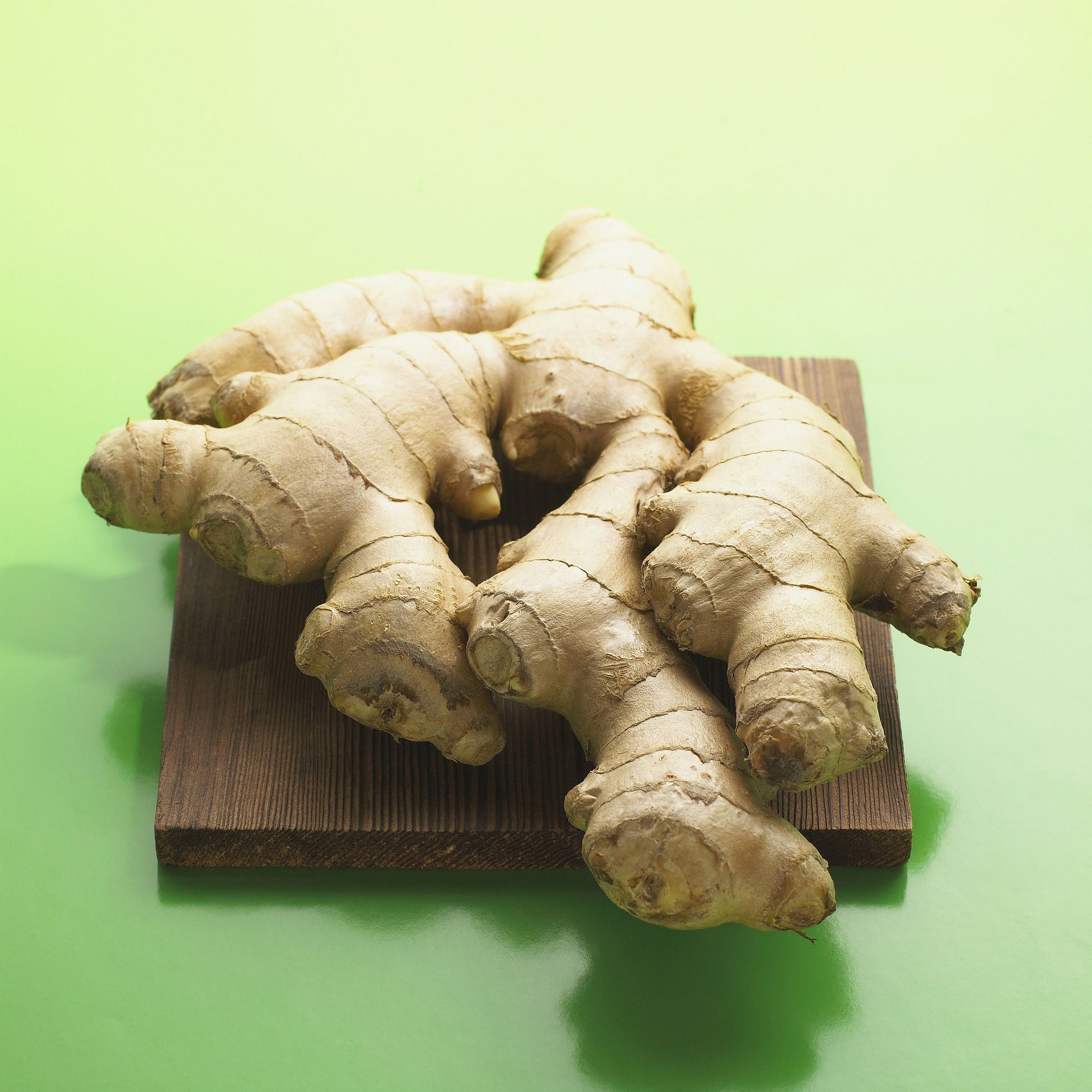Thailand Fresh Ginger Market

Ginger is a popular spice widely used in various cuisines and has been recognized for its numerous health benefits. Thailand is one of the leading producers and exporters of fresh ginger globally. The country's favorable climate and suitable soil conditions make it an ideal location for the cultivation of high-quality ginger.
The Thailand fresh ginger market has experienced steady growth over the years, driven by increasing demand from consumers worldwide. This article provides an overview of the market value and trade business of Thailand's fresh ginger, including its cultivation, factors affecting market value, trade routes, government's role, challenges, opportunities, and future trends.

Introduction to Thailand Fresh Ginger Market
Thailand is one of the largest producers of fresh ginger in the world. Ginger has been an essential part of Thai cuisine and traditional medicine for centuries. In recent years, the demand for Thai ginger has been on the rise due to its unique flavor and aroma, as well as its many health benefits. This article will provide an overview of the market value and trade business of Thailand's fresh ginger.
Overview of Thailand's Ginger Production
Thailand produces around 700,000 to 800,000 metric tons of ginger annually, with the majority of the crop coming from the northern and northeastern regions of the country. The main varieties of ginger grown in Thailand are the indigenous Siamese ginger, as well as the imported Indian and Chinese varieties. The cultivation of ginger typically takes place from May to October, with harvesting and processing occurring from November to March.
History of Ginger in Thailand
Ginger has been a part of Thai culture and cuisine for centuries. It was introduced to the country by Indian and Chinese traders and became an essential ingredient in traditional Thai dishes such as Tom Yum soup and green curry. Ginger is also widely used in Thai traditional medicine to treat various ailments such as coughs, colds, and digestive issues.

Growing and Harvesting of Ginger in Thailand
Cultivation Practices
Ginger is typically grown in well-drained soil rich in organic matter. Farmers in Thailand usually use organic fertilizers such as compost and cow dung to improve soil fertility. The cultivation process involves preparing the land, planting the seed rhizomes, and providing adequate water and nutrients throughout the growing season.
Harvesting Techniques
Once the ginger plant has matured, the rhizomes are harvested by digging them out of the soil. The rhizomes are then cleaned, sorted, and graded by size and quality.
Post-Harvest Handling and Processing
After harvesting, the ginger rhizomes are washed, dried, and sorted according to their size and quality. They are then packaged in various sizes and sent to the market for sale. Some ginger is also processed into various products such as ginger powder, ginger oil, and ginger candy.

Factors Affecting the Market Value of Thailand Fresh Ginger
Supply and Demand Dynamics
The market value of Thailand's fresh ginger is influenced by supply and demand dynamics. During the peak season, when the supply of ginger is high, prices tend to be lower. On the other hand, during the low season, when the supply is limited, prices tend to be higher.
Pricing Trends
Pricing trends for Thailand's fresh ginger are influenced by various factors such as weather conditions, transportation costs, and market demand. Farmers and traders keep a close eye on these factors to make informed pricing decisions.
Quality Considerations
The quality of Thailand's fresh ginger is a crucial factor in determining its market value. High-quality ginger is characterized by its flavor, aroma, freshness, and appearance. Buyers are willing to pay a higher price for ginger with these desirable qualities.

Trade Routes and Exportation of Thailand Fresh Ginger
Major Export Markets
The major export markets for Thailand's fresh ginger include the United States, Japan, China, and the European Union. These markets value the unique flavor and aroma of Thai ginger, as well as its health benefits.
Transportation and Logistics
Transportation and logistics are critical components of the trade business for Thailand's fresh ginger. The ginger must be transported quickly and efficiently to maintain its freshness and quality. The most common modes of transportation are by air and sea.
International Trade Regulations
International trade regulations play an essential role in the exportation of Thailand's fresh ginger. Exporters must comply with various regulations such as phytosanitary regulations, customs clearance procedures, and labeling requirements. Compliance with these regulations ensures that the ginger meets the safety and quality standards of the importing countries.

The Role of Government in the Thailand Fresh Ginger Industry
Government Support and Subsidies
The Thai government provides support and subsidies to the fresh ginger industry to promote its growth and profitability. The support includes providing farmers with training and education on sustainable farming practices, financial assistance, and access to markets.
Policies and Regulations
The government has enacted policies and regulations to maintain the quality of fresh ginger produced in the country. These regulations ensure that ginger meets the required standards for export and restrict the use of harmful pesticides and chemicals in farming.
Impact on the Industry
The government's support and regulations have had a positive impact on the fresh ginger industry in Thailand. It has led to an increase in production and exports, and the country now holds the position of the world's largest producer of fresh ginger.

Challenges and Opportunities of Thailand Fresh Ginger Trading
Competition from Other Producers
The fresh ginger industry in Thailand faces stiff competition from other producers such as China and India. These countries have a lower cost of production and can sell their ginger at a lower price than Thailand.
Changing Consumer Preferences
Consumers' preferences are changing, and they now prefer organic and sustainably grown products. Farmers in Thailand need to adapt to meet these changing preferences to remain competitive in the global market.
Emerging Markets and Opportunities
Thailand's fresh ginger industry has an opportunity to tap into emerging markets such as the Middle East and Africa. These markets offer immense potential for growth and profitability.

Future of Thailand Fresh Ginger Market
Predictions and Trends
The fresh ginger market in Thailand is expected to grow steadily over the next few years. There is an increasing demand for fresh ginger in the food industry, and the country's reputation for producing high-quality ginger puts it in a favorable position in the global market.
Growth Opportunities
There are several growth opportunities for the fresh ginger industry in Thailand, including investing in agro-tourism, developing new products, and expanding into new markets.
Technological Advances and Innovation
Technology and innovation are essential for the growth and sustainability of the fresh ginger industry in Thailand. Farmers need to adopt new technologies and innovative farming practices to improve their yields and reduce their production costs.

Conclusion: Investing in Thailand Fresh Ginger Business
Key Takeaways
The fresh ginger industry in Thailand offers immense potential for growth and profitability. The government's support, regulations, and the country's reputation for producing high-quality ginger make it an attractive investment opportunity.
Recommendations for Entrepreneurs and Investors
Entrepreneurs and investors looking to invest in the fresh ginger industry in Thailand should focus on adopting sustainable farming practices, developing new products, and expanding into emerging markets. They should also leverage technology and innovation to improve their yield and reduce the cost of production.
In conclusion, the Thailand fresh ginger market has a promising future thanks to its favorable growing conditions, government support, and increasing demand from consumers worldwide. Entrepreneurs and investors looking to invest in the ginger industry should consider tapping into the numerous opportunities available. The future of the Thailand fresh ginger market looks bright, with the potential for technological advancements and innovative cultivation practices to drive growth even further.

FAQ
What are the major export markets for Thailand's fresh ginger?
Thailand's fresh ginger is exported to various countries worldwide, including the United States, Europe, and Asia. The United States is the largest importer of Thai ginger, accounting for approximately 40% of total exports, followed by Japan and the Netherlands.
What are the health benefits of consuming fresh ginger?
Fresh ginger has numerous health benefits, including anti-inflammatory properties, reducing nausea and vomiting, improving digestion, and boosting the immune system. It's also rich in vitamins and minerals, making it a healthy addition to any diet.
What are the challenges facing the Thailand fresh ginger industry?
One of the significant challenges facing the industry is competition from other ginger-producing countries, such as India and China, which have lower labor costs. Changing consumer preferences towards organic and specialty products is also a challenge, as the industry needs to adapt to meet these demands.
What are the investment opportunities available in the Thailand fresh ginger market?
Investment opportunities in the Thailand fresh ginger market include investing in cultivation and processing facilities, trade and exportation, and research and development of innovative cultivation practices. Entrepreneurs and investors can also explore partnerships with local farmers and businesses to tap into the market's potential.
